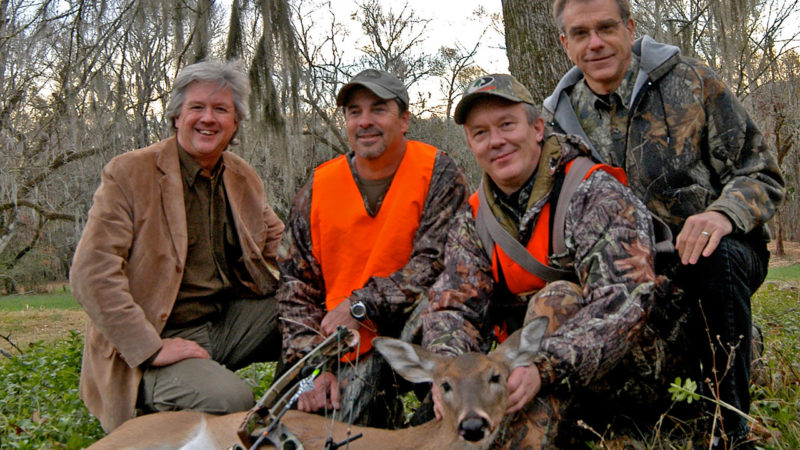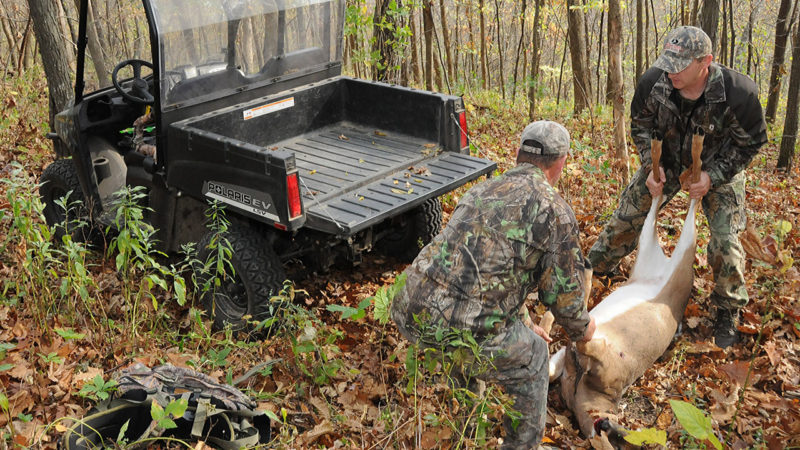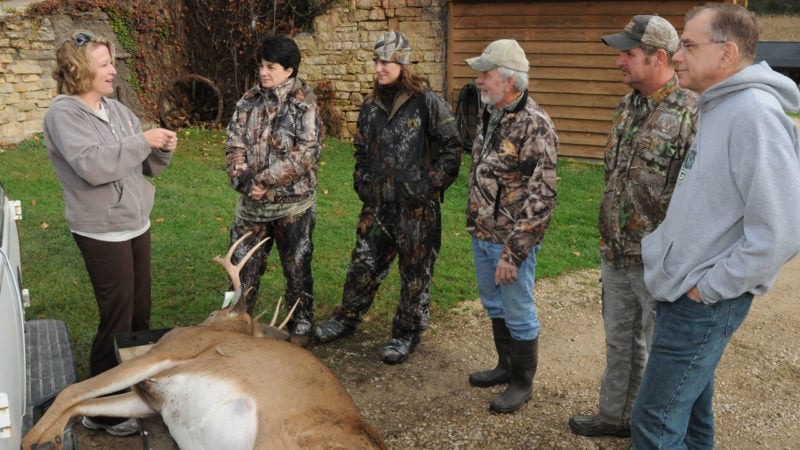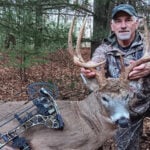A good friend believes hunters shouldn’t politick for new hunting seasons when new or restored populations of elk, wolves, grizzly bears or sandhill cranes reach self-sustaining numbers.
He even gets nervous about opening new hunts for suburban deer, mourning doves or golf-course geese. He believes such public debates only make hunters look greedy. He thinks hunters already have a bad reputation, and that we only make it worse when pushing for longer hunts and new places to hunt.
“How much more do we need?” he asks rhetorically.

I understand my friend’s concerns, given that hunting is always an emotional topic. He just figures any time we seek potentially high-visibility hunting opportunities that we’re waving a red flag at those who otherwise seldom think about hunting. So, let’s just settle for already-accepted hunting seasons. In other words, “The less said, the better.”
While I understand his argument, it sells hunting short and assumes hunters and their representatives can’t reason with the public. It also keeps hunting in a defensive posture. It makes hunters feel guilty, and too ashamed to publicly discuss their pursuits.
My friend’s approach is puzzling because hunters have few credible opponents. Look around. Most surveys of public attitudes toward hunting find that roughly 80% of Americans support or accept hunting, especially if it’s motivated by acquiring meat for food. Their opinions are seldom fixed. They remain open-minded about hunting. Sure, we see people circulating petitions opposing hunts for sandhill cranes, mourning doves and urban deer. But the same folks oppose roundups of urban geese that turn the birds into food-pantry meals.
Meanwhile, hunters sit quiet, and seldom even ask such folks to help us ensure the long-term survival of those species, not just protect individual birds or animals. After all, they aren’t raising money to buy or regenerate habitat, nor are they educating the public about wildlife’s food and habitat requirements.

Hunters waste great educational opportunities by not using such issues to discuss the allure and realities of the most successful wildlife-management system the world has known. Regulated hunts help manage various species while providing great meals for families and generating millions of dollars to acquire, protect and manage habitat.
Part of the problem, of course, is that those who could well-represent hunters — professional wildlife biologists from academia and wildlife agencies — often stand mute or mumble ambivalence. Perhaps they fear offending some people and exposing themselves to bureaucratic ire.
American hunters need to celebrate our own history. We can’t expect the nonhunting public to buy into the hunting lifestyle when they know so little of their own American hunting heritage.

How many of them know, for instance, that John James Audubon was a diehard waterfowler and deer hunter? Or that William Faulkner lived for deer season, and was torn whether to go to Sweden to accept his Nobel Prize in 1949 or go deer hunting? Or that Henry David Thoreau encouraged parents to let their kids carry shotguns and go hunting?
As Thoreau wrote in “Walden”: “Fishermen, hunters, woodchoppers, and others, spending their lives in the fields and woods, in a peculiar sense a part of nature themselves, are often in a more favorable mood for observing her, in the intervals of their pursuits, than philosophers or poets even, who approach her with expectation. … When some of my friends have asked me anxiously about their boys, whether they should let them hunt, I have answered, yes, — remembering that it was one of the best parts of my education, — make them hunters, though sportsmen only at first, if possible, mighty hunters at last.”
Of course, by the time that great thinker wrote “Walden,” Thoreau had given up hunting, but he still fished. Even so, he wasn’t so foolish to condemn hunting or deny its great lessons.
We need such knowledge more now than we did 100 years ago. Unfortunately, too many hunters are content to sit silent as overrated opponents try to bury our heritage with shallow, self-righteous arguments.

 By
By 



